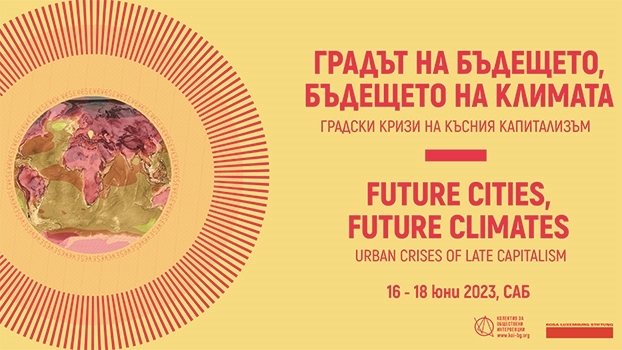
As a third of Pakistan found itself under water in the summer of 2022, major European rivers dried up while the mercury in London hit 40℃ for the first time in history — grisly records broken with each passing year of unabated climate change.
Both state and corporate-led resilience programs often leave the connection between economic growth and environmental degradation unquestioned. As with sustainability, “resilience” today entails first and foremost the resilience of unimpeded growth. Moreover, resilience reforms have generally favoured the rich minorities instead of the majority of vulnerable citizens.
Smart city projects have also infamously furthered the interests of corporations through the introduction of privately controlled and opaque technological infrastructures. Technocratic solutions obscure issues of uneven distribution of resources, as well as alternatives to the widely shared illusions of eternal bouncing back following each environmental disaster.
Technological solutions that promise to ameliorate the impact of industrial pollution and slow down climate change are widely supported. However, enthusiasts miss the fact that the continuing presence of extractivist industries is at the heart of hardware manufacturing and AI. What is more, the geographically uneven extraction, production and consumption processes, embodied by these technologies, are undemocratic and deepen geographic and social inequalities between world regions and within cities.
Bulgaria’s experience of acute social and environmental issues owing to more than 30 years of austerity offers a lot of lessons to avoid repeating in the coming Green Transition. A radical neoliberal reform plunged millions into dire poverty as it hollowed out the welfare state, leaving society vulnerable to extreme weather events. Eruptions of social anger at cascading utilities and gas prices seem to align an otherwise politically apathetic society firmly behind the fossil fuel economy.
On the other hand, scepticism towards the Green New Deal is fuelled by liberal elites’ aloofness with respect to ordinary people’s concerns, leading to more austerity, unemployment and destruction of nature in the name of another painful Transition with no immediately tangible benefits.
However, this story is typical not only of post-socialist cities. Urban policymakers around the globe have to address the apparent contradictions between environmental and social concerns and move beyond identitarian framings of “civilizational fault lines” (i.e. ‘bad’ Russian gas vs. ‘good’ West LNG).
The 2023 edition of the Urban Inequalities Forum hones in on thinking about how urban social issues and the escalating climate crisis braid together and what can be done to mitigate them. Join us for sessions full of insights into the causes, unequal impact, and consequences of climate change in urban settings. We will be developing strategies together with scholars, urbanists and members of social and environmental movements about direct action against the climate catastrophe.
The forum is taking place on 16, 17 and 18 June 2023 at the Union of Architects of Bulgaria, 11 Krakra St., Sofia. The discussions will be in English.
Hosted by the Collective for Social Interventions and the Rosa Luxemburg Foundation’s Southeast Europe Office.
Location
Contact
Dr. Krunoslav Stojaković
Senior Advisor for Western Europe / Southeastern Europe / Central Europe (Warsaw Office) and Central Process and Quality Management, Rosa-Luxemburg-Stiftung
Email: krunoslav.stojakovic@rosalux.org
Phone: +49 30 44310 492